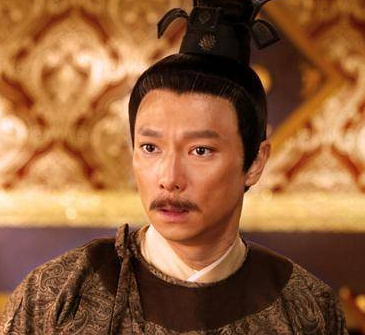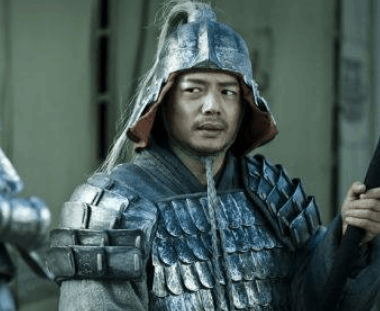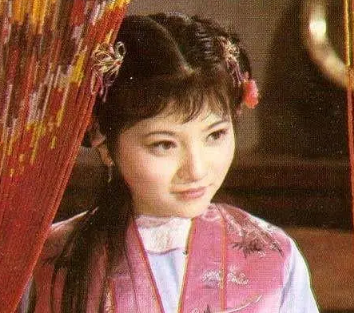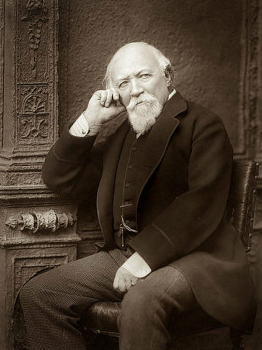Yang Guang, also known as the Sui Yang Emperor, was an important figure in Chinese history. During his reign, he not only had a profound impact on politics, economy, culture and other aspects, but also established some special regulations in the palace.

According to historical records, Yang Guang once established a special regulation in the Palace, which was "no men in the Palace". The specific content of this regulation was that, apart from the emperor and eunuchs, no other men were allowed to exist in the Palace. This was a regulation formulated by Yang Guang to protect his throne and safety.
The implementation of this regulation greatly increased the number of women in the Palace. Most of these women were palace maidens selected to serve the emperor, including caring for his daily life and entertaining him. In addition, some women were sent to the Palace for various reasons, such as noblewomen who had committed crimes and prisoners of war.
Although this regulation protected Yang Guang's throne and safety to some extent, it also brought some problems. Firstly, the increase in the number of women in the Palace made the management of the Palace more complicated and difficult. Secondly, this regulation also caused some harm to the women in the Palace. They were forced to leave their families, enter a strange environment, and suffered from both life and psychological pressure.
Overall, the regulation of "no men in the Palace" established by Yang Guang in the Palace was a means taken by him to protect his throne and safety. However, this regulation also brought some problems and had a certain impact on the women in the Palace. This also reflects that the formulation and implementation of any policy need to fully consider its possible impacts and consequences.
Disclaimer: The above content is sourced from the internet and the copyright belongs to the original author. If there is any infringement of your original copyright, please inform us and we will delete the relevant content as soon as possible.






























